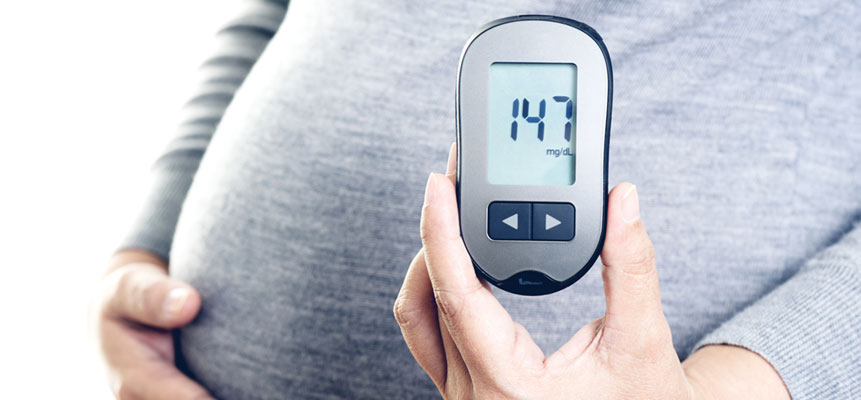Be aware! Do you know what gestational diabetes is about?
Women are diagnosed generally between week 20 and 24, gestational diabetes poses a danger to the mother and the baby

According to Stanford Children's health, gestational diabetes occurs when blood glucose levels increase due to the intervention of hormones typical of pregnancy in the normal functioning of insulin.
"The placenta supports the baby as it grows, and it is the hormones in the placenta that contribute to the development of the baby. They are themselves that block the action of insulin in the mother's body. This problem is called insulin resistance, a picture that makes it difficult for the mother's body to use insulin and is likely to need up to three times as much insulin". This was explained by the diabetologist Daniel Dionisi to infobae.
Infosalus claims this condition is diagnosed between weeks 20 and 24, increases the mother's risk of having cardiovascular diseases or type 2 diabetes throughout her life and increases the chances of giving birth through caesarean section.
The endocrinologist Viviana Ulloa affirms, for the vital diary, that among the risk factors for a pregnant woman suffering from this sickness is having a diabetic family, having a baby with more than four kilograms, a history of hypertension, obesity, and high levels of triglycerides.
In addition, African American, American Indian, Asian American, Latino, or Pacific Islander women, who are older than 25 years of age, have a greater risk of developing gestational diabetes.
How does gestational diabetes affect your baby?
According to the American Diabetes Association, extra glucose in the body of a mother with this condition crosses the placenta and causes the baby's pancreas to produce more insulin to eliminate it. This extra dose of energy is stored as fat and can produce macrosomia or a "fat" baby.
You may also be interested: Do you know what pregorexia is? This disease affects mothers and babies
"Babies with macrosomia face their own health problems, including shoulder damage during delivery", Dionisi explained, adding that "due to the additional insulin produced by the baby's pancreas, newborns can have a very high glucose level and also at higher risk of having respiratory problems".
Gestational diabetes does not produce easily detectable symptoms in most women, so it is important to perform plasma glucose tests during pregnancy and be evaluated for the presence of diabetes at 24 to 28 months of gestation.
If the result is positive, the treatment will focus on maintaining blood glucose levels in the normal range, so depending on the age and health status of the mother, it will be treated with an adequate diet, physical activity that involves the muscles of the trunk and arm and low-impact aerobics, daily blood monitoring and insulin injections for whom the above does not work.
LatinAmerican Post | Luisa Fernanda Báez
Translated from “¡Alerta mamás! ¿Sabes de qué se trata la diabetes gestacional? ”
Listen this article





